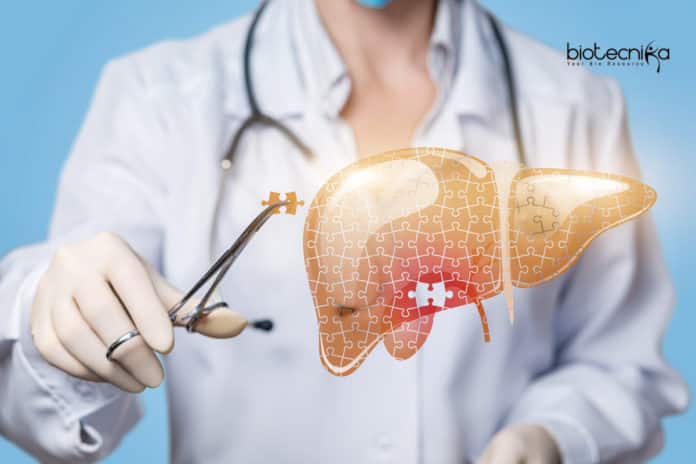Drug Development Using 3D Printing
Scientists from the University of Florida’s Herbert Wertheim College of Engineering confirmed that basic principles of engineering apply to micro-beam mechanics provides a solid foundation for new research.
The work was published in the Nature Communications publication. It was supported in part by the National Center for Advancing Translational Sciences of the National Institutes of Health, and the National Science Foundation.
Thomas E. Angelini, Ph.D., Associate Professor in the Department of Mechanical & Aerospace Engineering and his research team, the Soft Matter Research lab have successfully fabricated living micro-beams from glioblastoma cells and extracellular material (ECM) embedded in a packed microgel support medium.
Drug Development Using 3D Printing- Methods Involved in the Study
The scientists characterized the physical properties of the beams and compared their results against traditional mechanical engineering models. These microscopic, delicate structures behave a lot like the massive beams used in everyday building construction. S. Tori Ellison said that the team was excited to see that our micro-beams, only 50 to 200 µm in diameter, acted per the mechanical principles for other models such as large steel beams. Ellison is a Mechanical & Aerospace Engineering Ph.D. student mentored by Dr. Angelini and is
the co-first author of this research paper.To test the variables controlling cell ECM micro beam mechanics, the researchers changed cell density, ECM concentration, micro-beam diameter, and the surrounding medium’s properties. Scientists found a cascade of cell-driven behaviors, including beam buckling, break-up, and axial contraction. By modifying classic mechanical theories, they discovered fundamental principles of tissue micro-beam mechanics that can be generalized to cell types such as ECMs, and bio-printing support materials.
Their breakthrough finding has critical implications on 3D bio-fabrication strategies and design of dynamic multicellular assemblies in regenerative medicine, including tissue engineering applications.
The results of this research would be used in an exciting new project by Dr. Angelini and his team. One of these involves the development of advanced 3D liver tissue models for drug development applications.
According to the project proposal, the goal of the team is to develop micro-tissues that can be used in drug development applications. The objective of the research is to generate in vitro bio-fabricated liver micro-tissues of specific dimensions and cellular composition. This micro-tissues will have high levels of reproducibility in terms of metrology, cell function, and cell sensitivity to drugs and test compounds.
Drug Development Using 3D Printing- More About the Project
The project will be a close collaboration between the University of Florida and global pharmaceutical company as well as DEKA Research and Development Corporation, which is a leading automation technology company. Scientists on the project envision that their results will lead to the discovery of new products. This includes packaged micro-tissues capable of being shipped to the pharmaceutical industry to be used to model human liver toxicity of pharmaceutical compounds in advanced drug development and testing.
This project will also produce the instrumentation, techniques, and assays needed to bio-manufacture small surrogates of a multitude of different types of tissue in the next phase of the research.
Dr. Forrest Masters, Associate Dean of Research for the Herbert Wertheim College of Engineering said Engineering researchers are increasingly contributing directly in clinical translation research that could result in substantial and immediate benefits that impact the healthcare system. He added that Dr. Angelini and his teams’ research work- Drug Development Using 3D Printing – has the potential to transform society in the future.
































